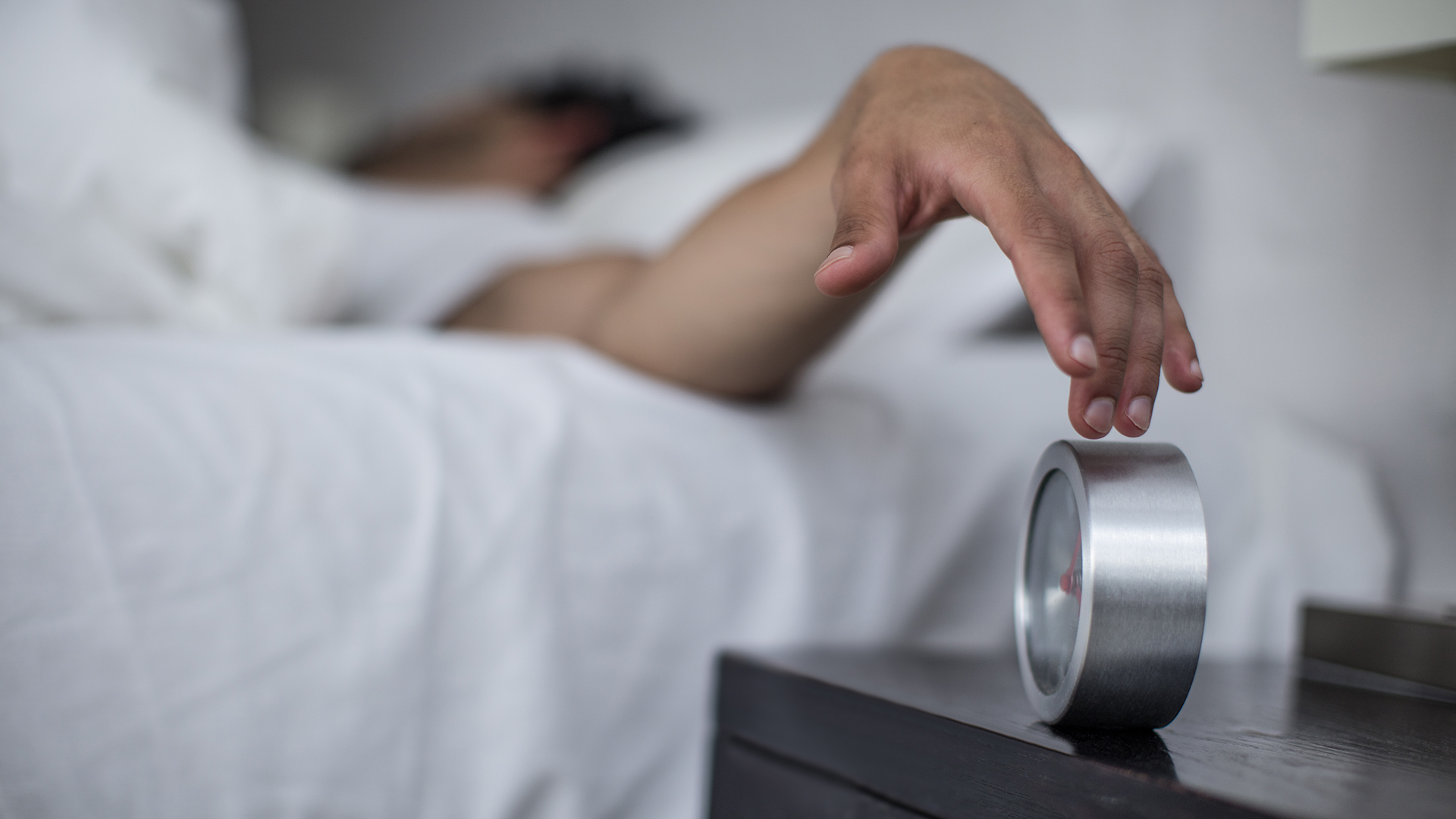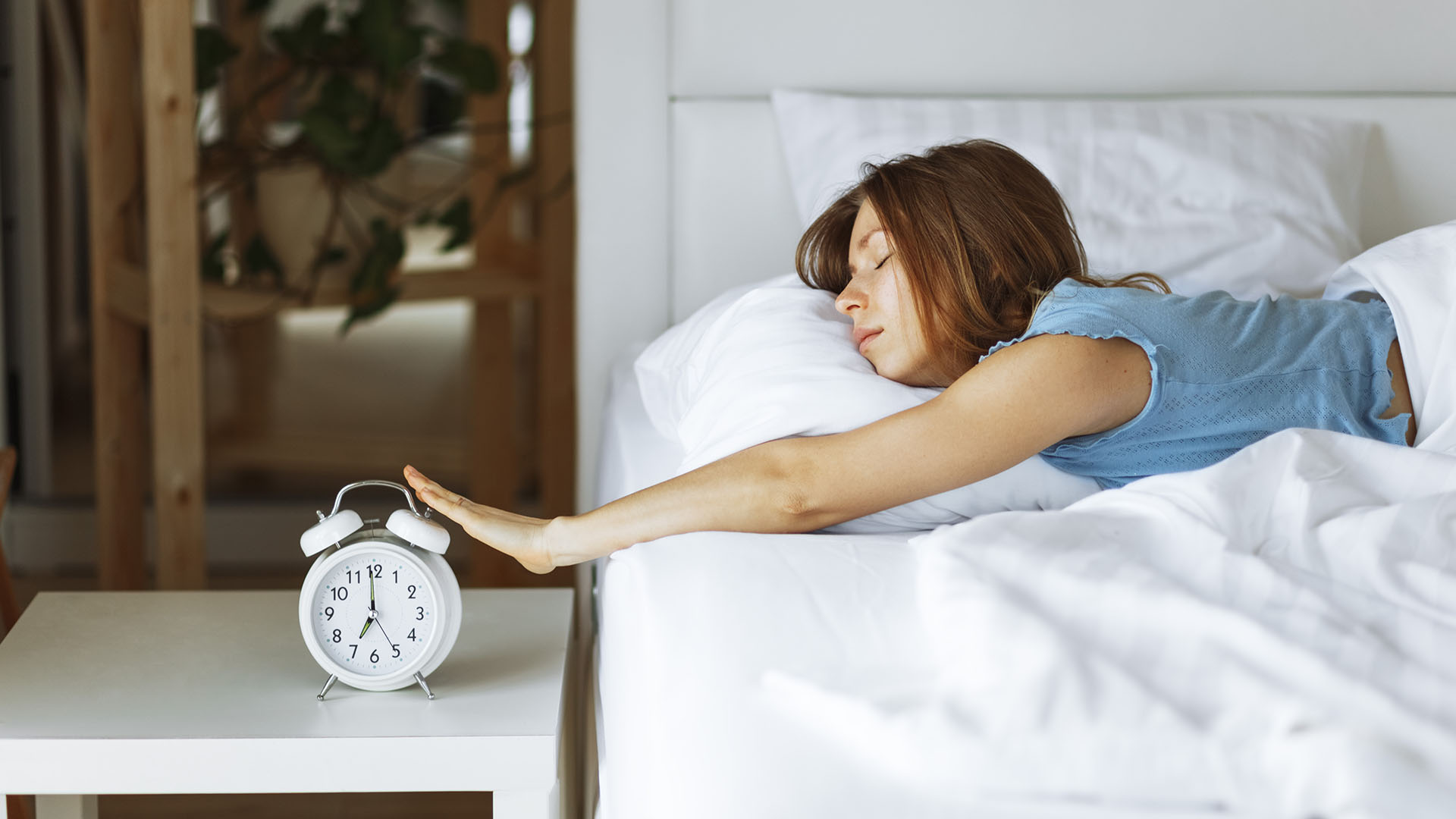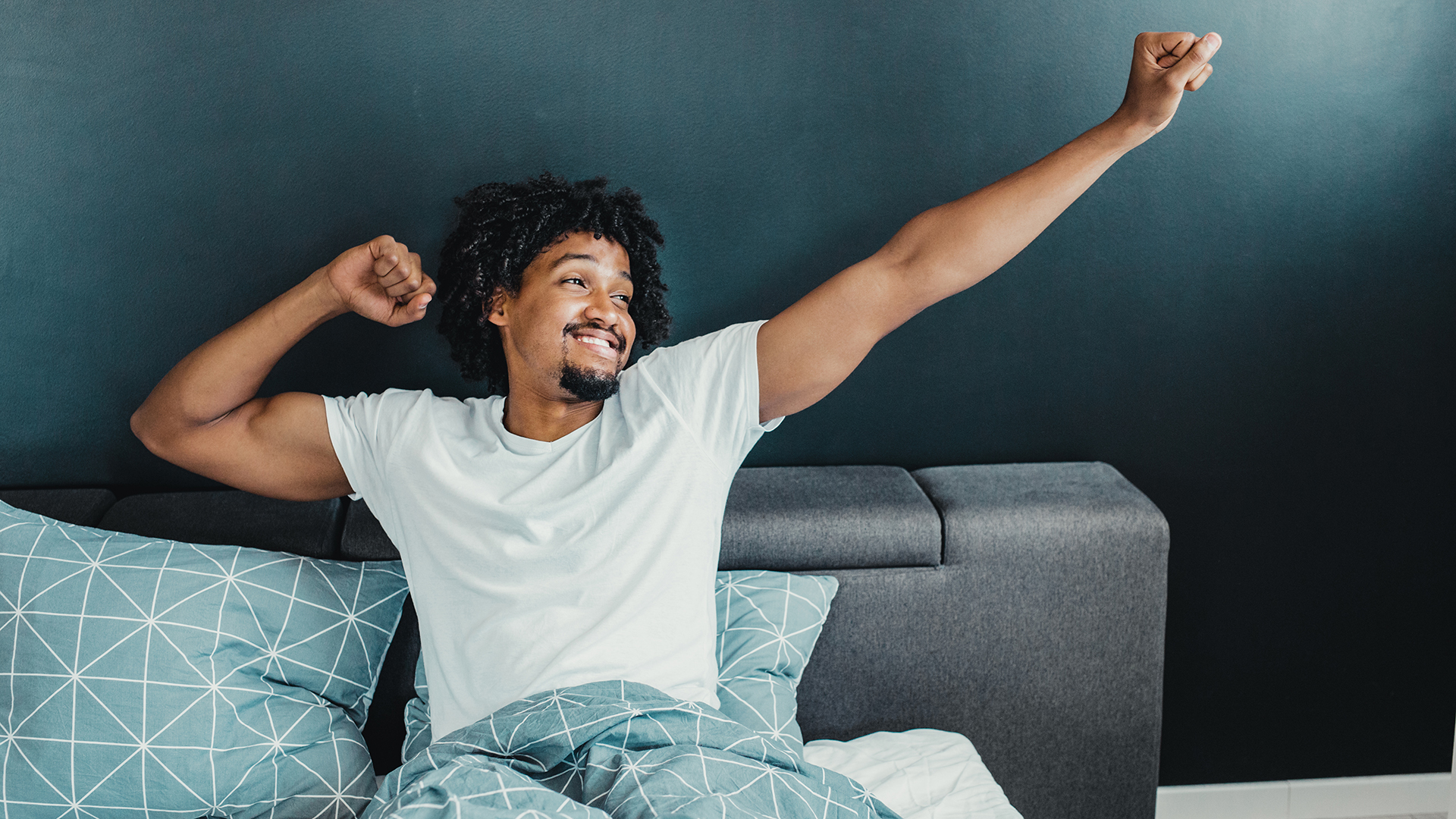It's time to ditch daylight savings, say sleep experts – and the public agrees
Springing forward has "dangerous and adverse" effects

Daylight saving time (DST) is nearly here, but for how much longer will we have to put up with the clock change? While 'springing forward' and losing an hour of sleep may seem like a minor inconvenience in the grand scheme of things, experts are warning it might pose a risk to our wellbeing. Is it time to ditch daylight saving time?
The American Academy of Sleep Medicine (AASM) has teamed up with Coalition for Permanent Standard Time (CpST) to propose that we should put an end to springing forward and establish a standard time permanently, arguing that DST might have a "dangerous and adverse" effect on our health.
Beyond the immediate physical effects of the clock change, including sleep deprivation and groggy mornings, AASM believes that moving the morning an hour later has a lasting impact on the smooth running of our body clocks. By sacrificing early sunshine for evening sunsets, our circadian rhythms can fall out of sync, making it harder to fall asleep and wake up at the right time.

To counter this, the AASM and CpST are arguing for the establishment of permanent standard time (that's the timezone we're in after 'falling back'). Earlier mornings would allow more of us to wake up with the sun, with this exposure to light in the morning helping keep our body clocks ticking over. The AASM and CpST believe that standard time is closer to our natural circadian rhythms, and by permanently adopting this time zone, we can reduce drowsiness in the morning and make it easier to sleep in the evening.
And according to a YouGov survey, Americans are in support of cancelling the clock change. 63% of Americans voted to eliminate the clock change, with just 16% opting to keep it (and 21% voting 'not sure').
Although most voters were in favor of staying permanently in DST, enjoying later sunsets and brighter evenings – something the AASM argues against, as moving the morning forward by an hour would result in more of us waking up in the dark, and potential trouble sleeping during winter.
Is this the end of daylight saving time?
There's probably a little way to go before we change the clocks for the final time. The Sunshine Protection Act of 2021 sought to establish permanent DST, but although it passed senate, it hasn't gone any further. And while the CpST has hosted a congressional briefing arguing for standard time, the campaign is still in its early days. Similarly, the European Union voted to end daylight saving time in 2019, but plans were put on hold due to the Covid-19 pandemic, and they're yet to get in motion again.
Get daily insight, inspiration and deals in your inbox
Sign up for breaking news, reviews, opinion, top tech deals, and more.

Despite these stumbling blocks, strong public support indicates the days might be numbered for daylight savings. Most countries don't observe daylight saving, while roughly half the countries that at one point took part in the time change have since abandoned the practice. Even the US doesn't have DST in every state – Hawaii has done away with it entirely, while it's only observed by the Navajo Nation in Arizona.
And America has tried to establish permanent DST before, but it didn't last very long. In 1974, President Richard Nixon enacted permanent daylight saving in an attempt to limit energy usage after the 1973 oil crisis. Although the decision was popular at first, public support dropped off when dark winter mornings came along, and the experiment was abandoned after eight months.
But while we might not be springing forward for much longer, the clocks will still be changing on Sunday 10 March in the US (or Sunday 31 March, if you live in Europe). if you don't want to struggle through drowsy mornings after that lost hour, we have some tips on preparing for the clock change, plus a guide to sleep banking, to ease the transition for (possibly) the last time.

Ruth is TechRadar’s Sleep Writer. She’s here to help you find the perfect sleep setup for your budget and personal preferences. As well as keeping a keen eye on everything that’s going on in the world of mattresses, she regularly speaks to experts to help you learn how to improve your sleep habits, whether that’s by debunking sleep myths or explaining the science behind it all. Prior to joining the TechRadar team, she wrote features and product guides for new parents hoping to get a decent night's sleep, as well as writing for a variety of online spaces.